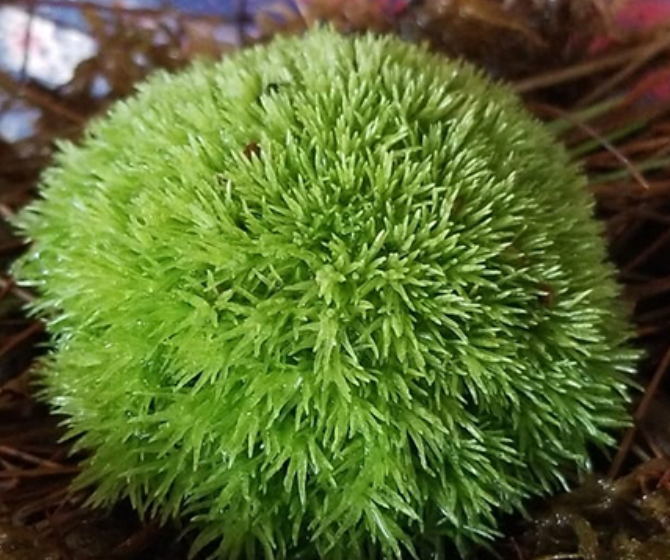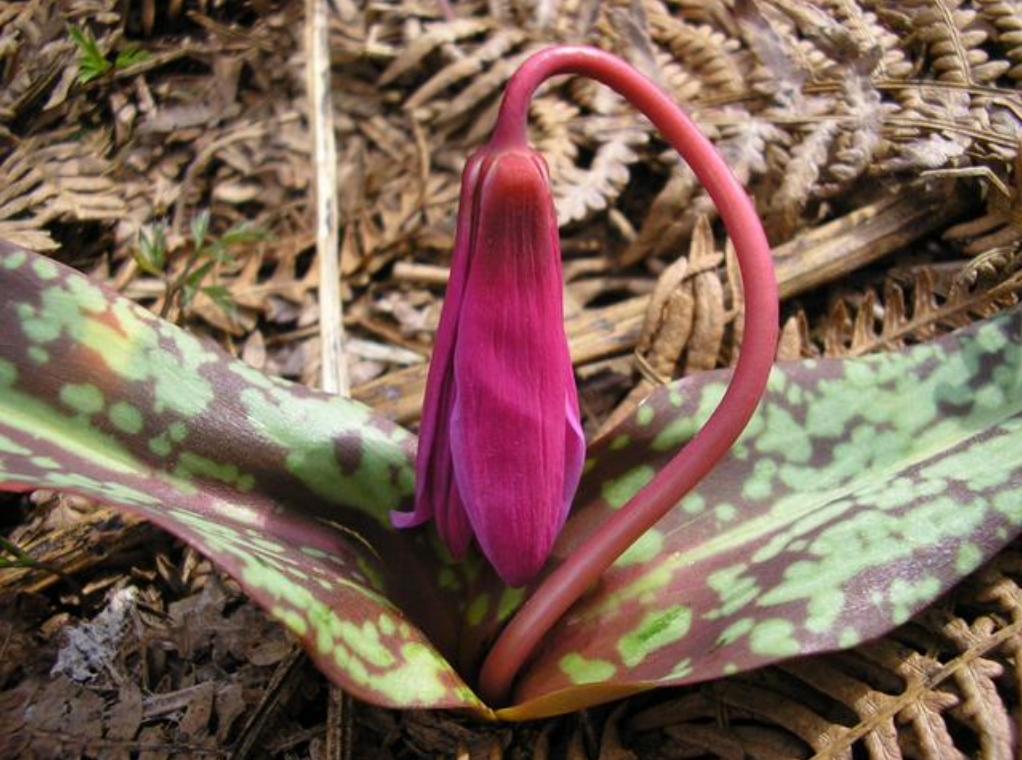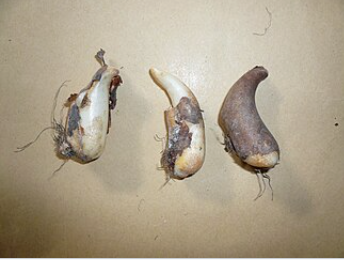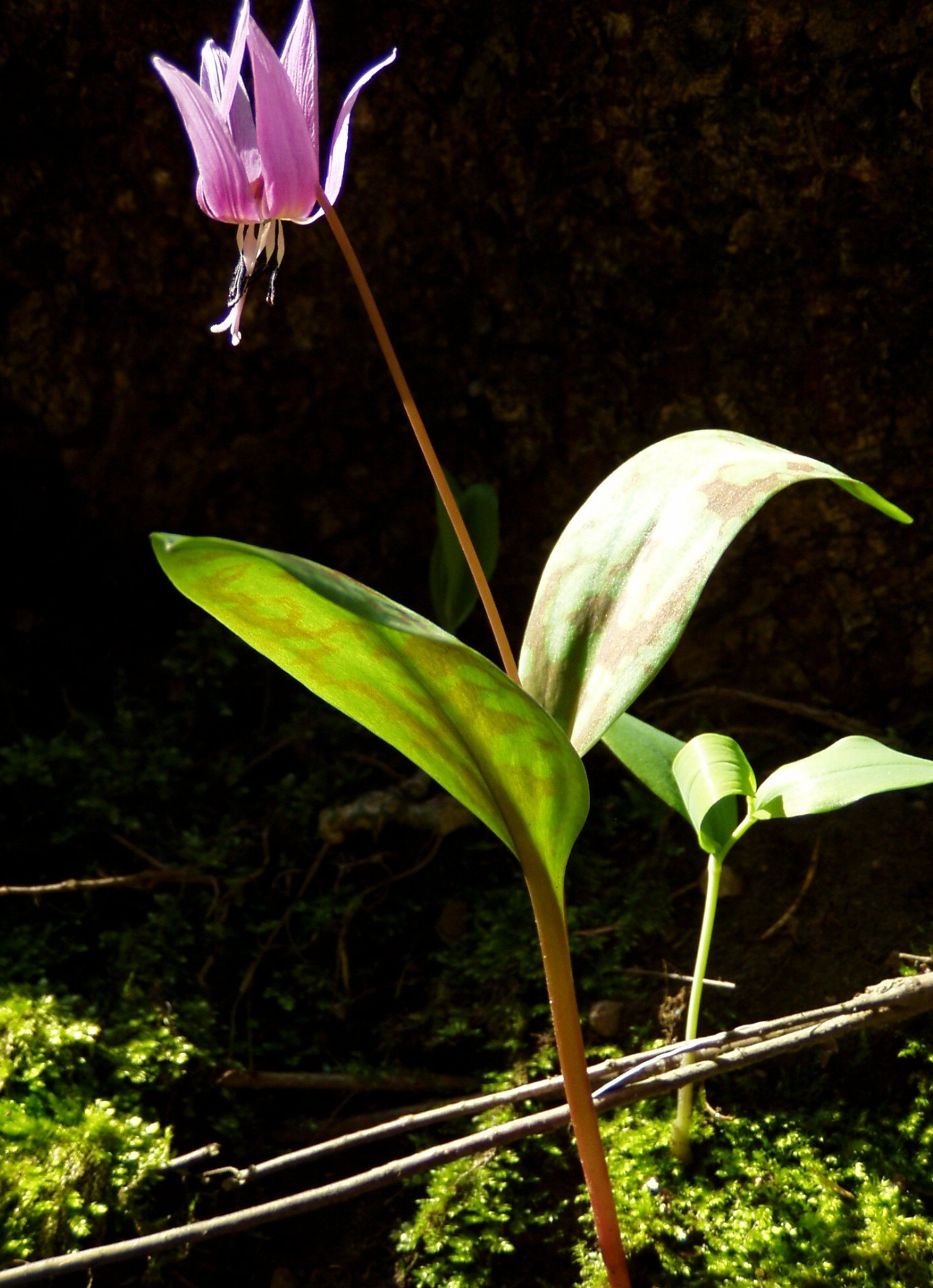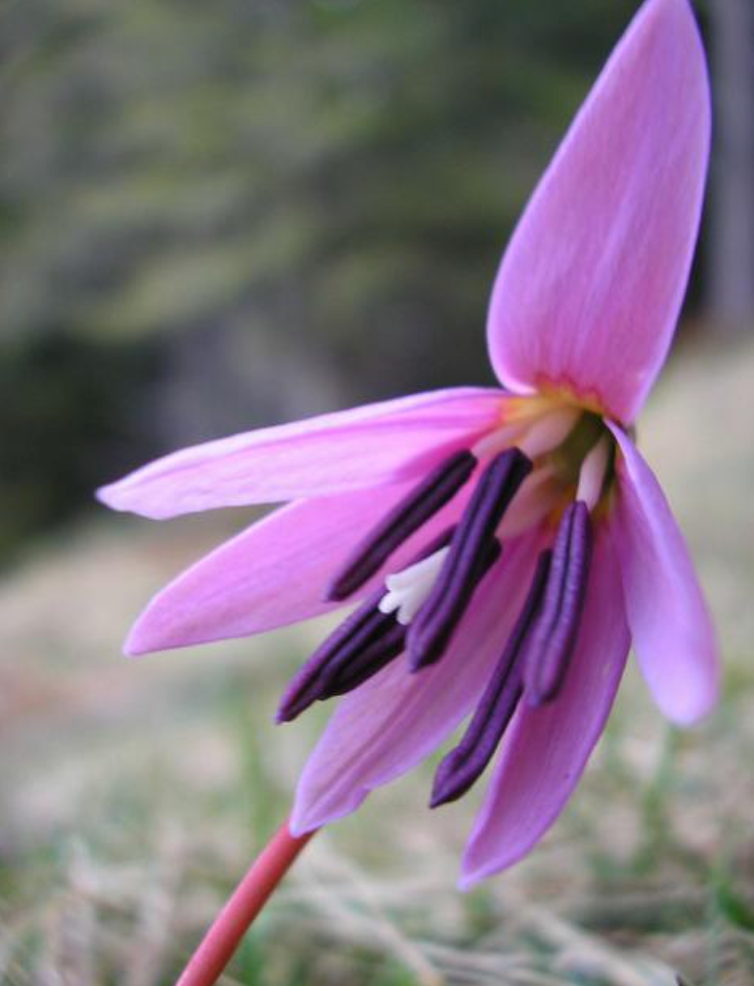The Bryophyta nursery
1 bulb Erythronium dens-canis, the dog's-tooth-violet or dogtooth violet, Erythronium, terrarium plants
1 bulb Erythronium dens-canis, the dog's-tooth-violet or dogtooth violet, Erythronium, terrarium plants
Impossible de charger la disponibilité du service de retrait
Delivery information: We ship with DHL for orders of 100euros and more we give free shipping, for small orders we ship with Laposte. We will be sending plant passports with each species, your order will arrive in 2-3 days with DHL.
This stunning full-shade terrarium plant is beautiful when flowering, but also it's foliage, a leathery olive green with brown markings, stands out with its elegance giving a real tropical vibe, withstanding temperatures of -5 to 35c.
Erythronium dens-canis, the dog's-tooth-violet or dogtooth violet, is a bulbous herbaceous perennial flowering plant in the family Liliaceae, growing to 25 cm (10 in). It is native to central and southern Europe from Portugal to Ukraine. It is the only naturally occurring species of Erythronium in Europe. Despite its common name, it is not closely related to the true violets of genus Viola.
Erythronium, the fawn lily, trout lily, dog's-tooth violet or adder's tongue, is a genus of Eurasian and North American plants in the lily family, most closely related to tulips. The name Erythronium derives from Ancient Greek ἐρυθρός (eruthrós) "red" in Greek, referring to the red flowers of E. dens-canis. Of all the established species, most live in North America; only six species are found in Europe and Asia.
The substrate we recommend for this bulb is also sold here, a composted moss substrate that is easy for the bulb to send it long thing stems and foliage through., also keeping the bulb moist but drained at the same time. 100g of this moss compost is enough for one bulb. Plant the bulb in a pot in your terrarium so you can easily find it as you can propagate with both seeds and bulb division.
Erythronium dens-canis produces a solitary white, pink or lilac flower at the beginning of spring. The petals (growing to approx. 3 cm) are reflexed at the top and yellow tinted at the base. The brown spotted leaves are ovate to lanceolate and grow in pairs. The white bulb is oblong and resembles a dog's tooth, hence the common name "dog's tooth violet" and the Latin specific epithet dens-canis, which translates as "dog's tooth".
Its leaves may be consumed raw in salad, or boiled as a leaf vegetable!
Materials
Materials
Shipping & Returns
Shipping & Returns
Dimensions
Dimensions
Care Instructions
Care Instructions
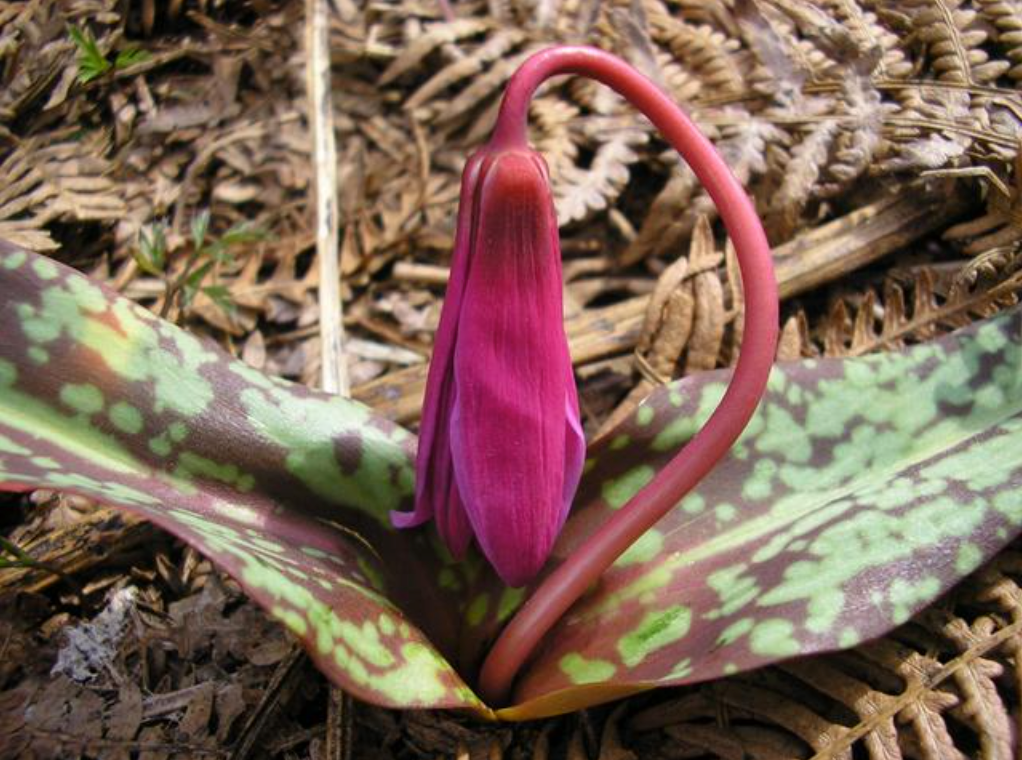
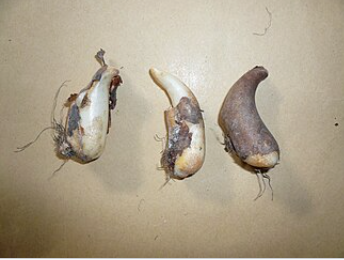
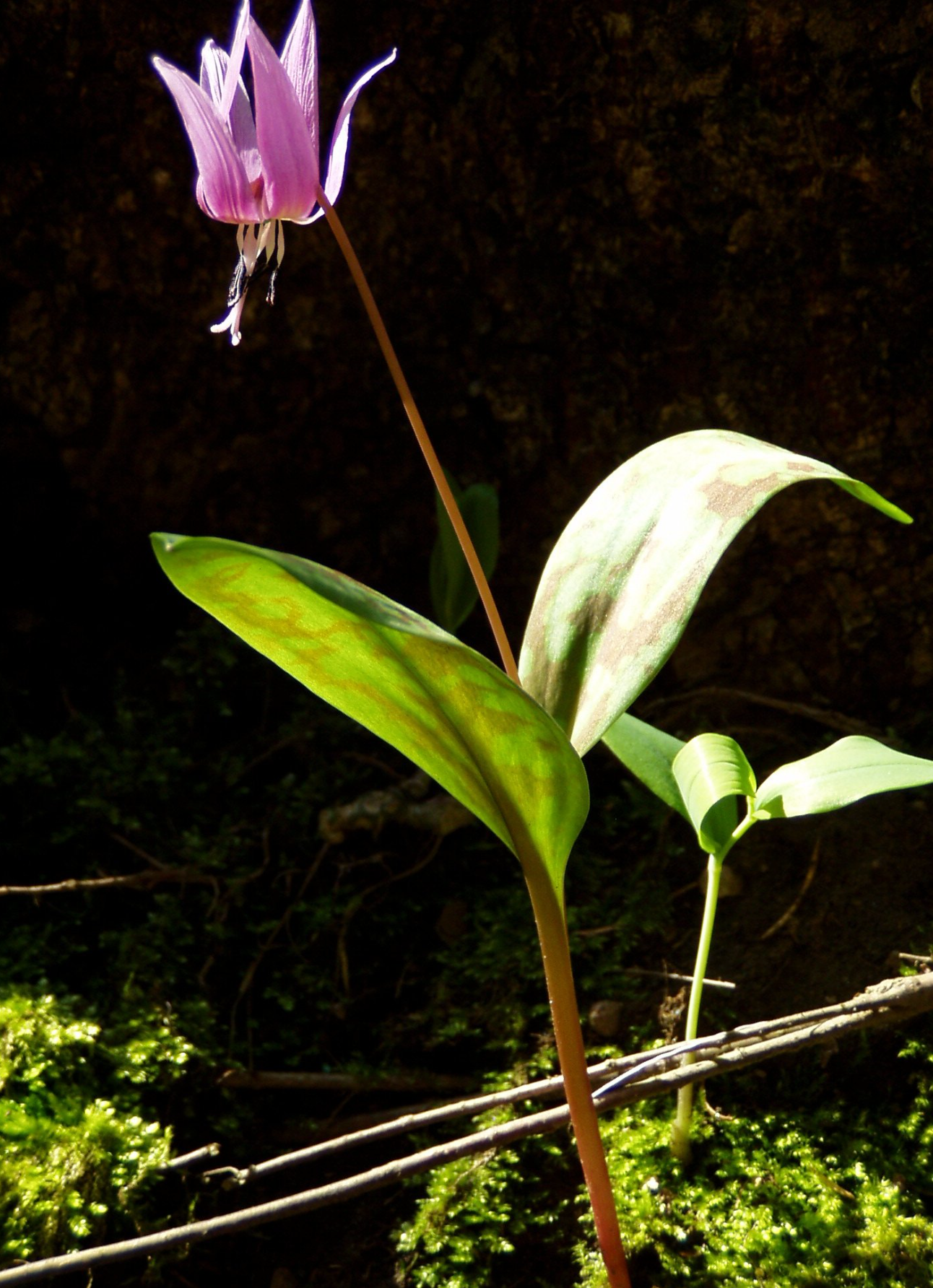
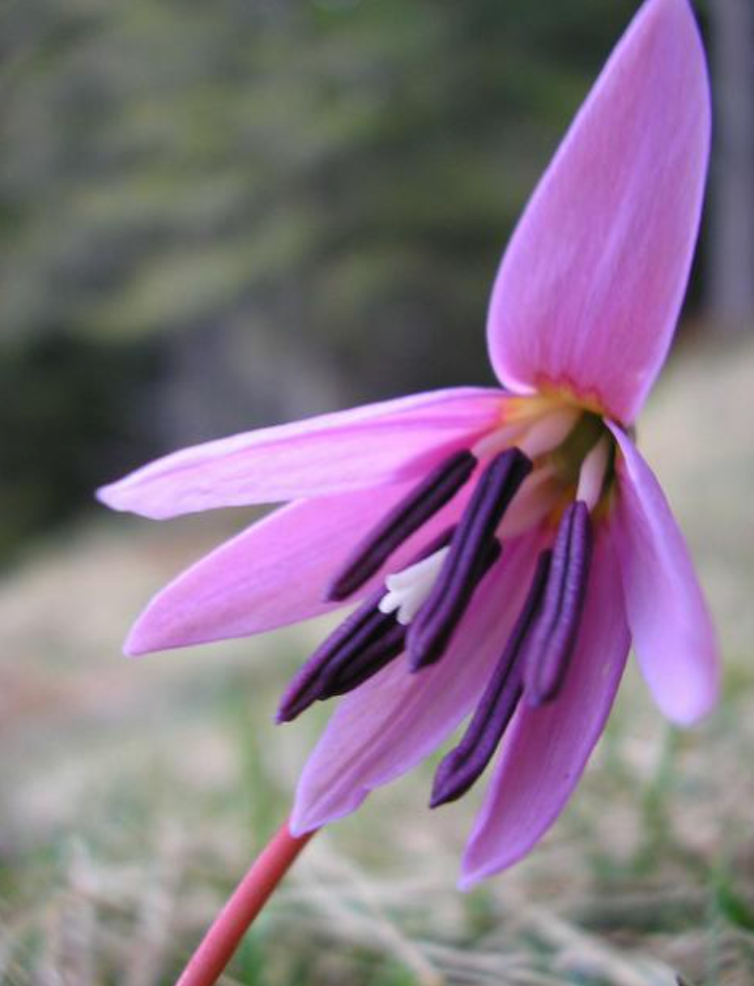
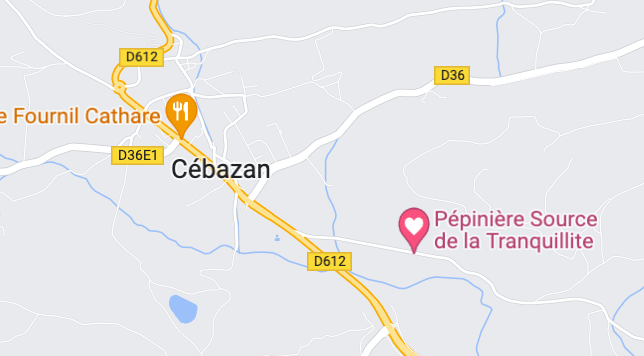
-
Free Shipping
We offer free shipping in France! and internationally for orders of 500 euros or more.
